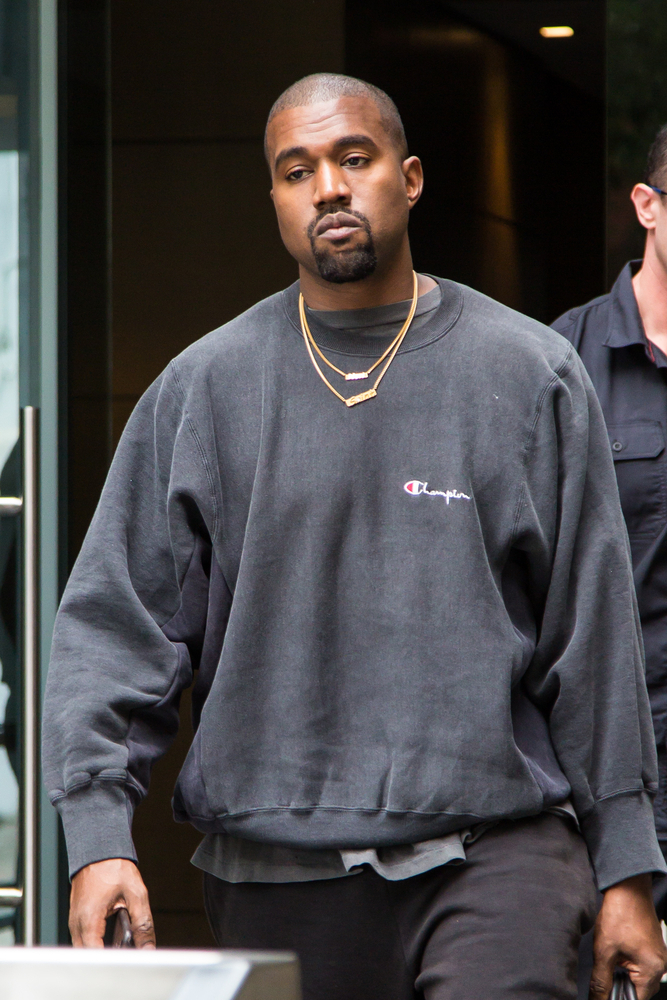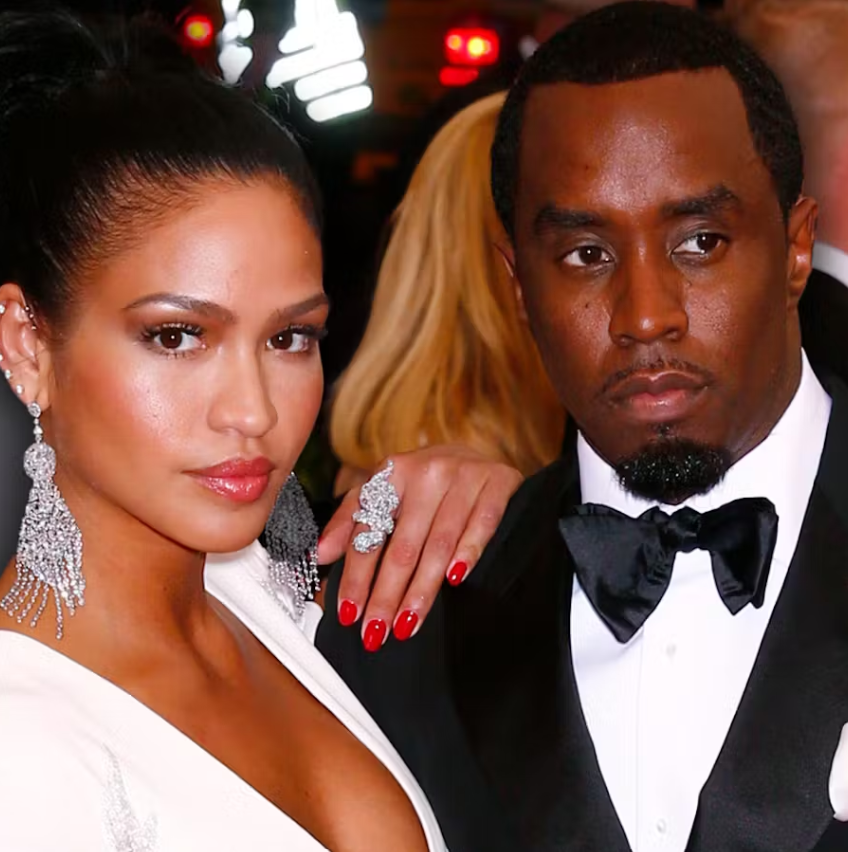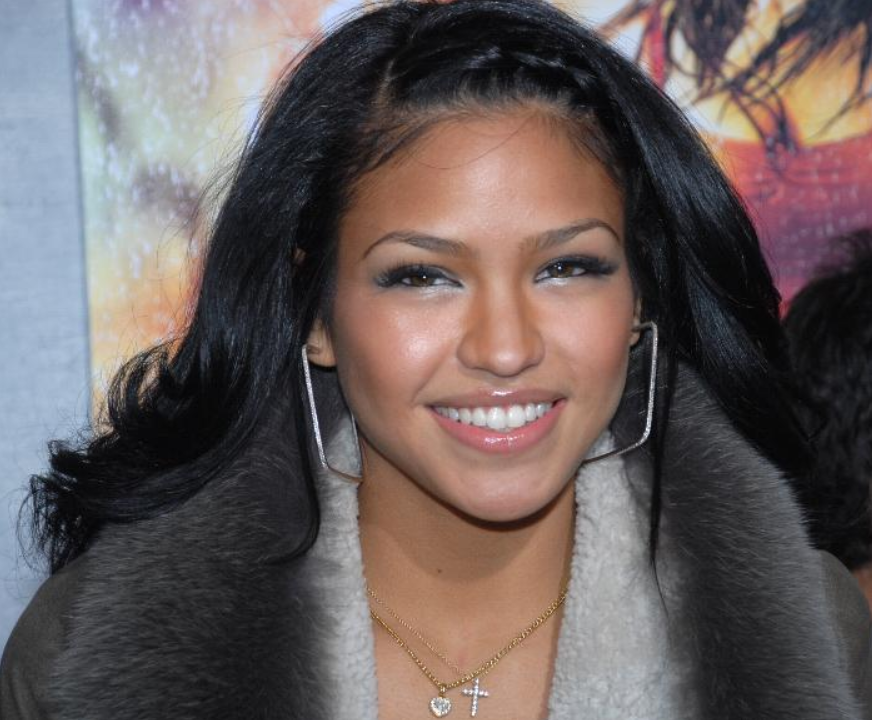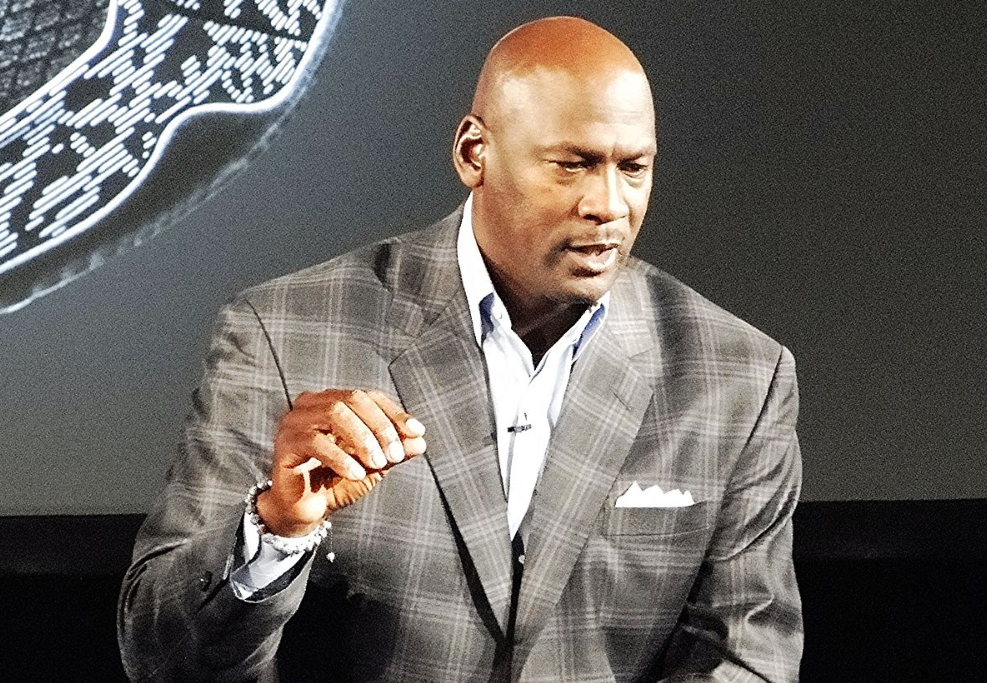In a recent escalation of ongoing tensions between Kanye West and Adidas, the music mogul has openly accused the sportswear giant of exploiting his Yeezy sneaker designs without his consent, an act he controversially described as “rape.” This dispute has come to light despite a seemingly amicable meeting between West and Adidas CEO Bjorn Gulden earlier this month, suggesting a potential resolution had been reached. However, West’s latest accusations indicate that the conflict is far from over.

West’s grievances stem from Adidas’s promotion and sale of a new “steel grey” variant of the Yeezy Boost sneakers, which he claims were released without his approval. According to West, Adidas is leveraging ambiguous contractual terms to bypass his consent, effectively undermining his creative authority over the Yeezy brand. Moreover, West revealed that Adidas is pursuing legal action against him, demanding $250 million in damages.
In response to these developments, West has taken to social media to voice his dissatisfaction and rally his fanbase for support. He urges his followers to boycott Adidas, accusing the company of deceitful practices and disrespecting his artistic integrity. This call to action underscores West’s frustration and his determination to defend his creative rights against what he perceives as corporate exploitation.
The dispute between Kanye West and Adidas highlights the complex dynamics between artists and commercial partners, especially when it comes to brand collaborations and intellectual property rights. As this situation unfolds, it raises important questions about the balance of power in such partnerships and the extent to which artists can control their creations in the commercial sphere. West’s public outcry and the subsequent call for a boycott against Adidas reflect the growing tensions in the industry regarding creative control and corporate responsibility.




